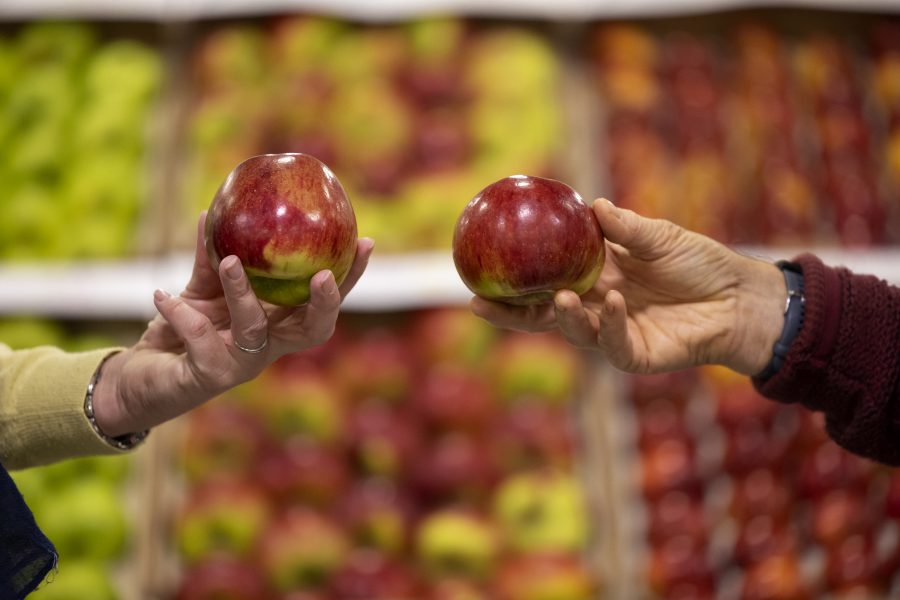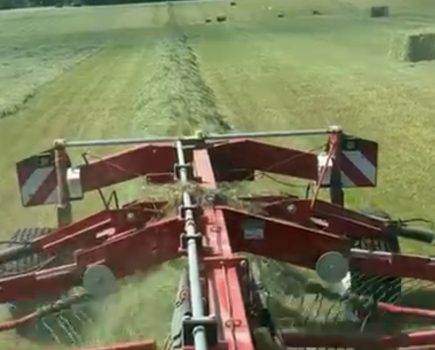Like I suspect many of you, I listened carefully to the spring budget reports, hoping there would be assistance for the farming sector.
Green energy investment support was discussed by many agricultural economists in the run up to the announcement on the 15th, with one commentator pointing out that the agricultural sector’s potential to reach the UK’s net zero targets would require an extension on R&D and related tax reliefs on energy efficient solutions and the continuity of existing reliefs for installing wind, solar and other green tech.
Did we get this? Well kind of, though not specific to farming. There is tax relief for investment in technology by businesses, but you need to check if farming partnerships are eligible because to access the R&D relief you need to be a limited company. For those who qualify, this relief will go a little way to offset the (up to) 6% increase in Corporation Tax.
There are no direct green energy incentives, sadly, and neither has anyone found mention of horticulture gaining support through the energy relief scheme accessible to other sectors with high consumption needs. With all the empty shelves and disruptions to supply because of weather (pricing is another matter), I had hoped that there would be support that contributed to our food security and national diet.
The NFU was urging the chancellor to raise tax thresholds over concerns that keeping income tax, inheritance tax and child benefit tax allowances unchanged impacts negatively on farming family finances.
With tax thresholds still held, this is increasing the impact of inflation at almost 10% and delivering very real falls in income. We still have, of course, the highest tax burden since Clement Atlee. With personal tax thresholds frozen until 2028, this will increase the four million already paying 40% income tax to eight million by then: that’s 25% of the workforce paying higher rate tax through fiscal drag.
There are just about three more fiscal event opportunities to promote growth and cut taxes before a general election; meanwhile, the insolvency service says that the number of companies entering insolvency rose by 17.5% (year on year) in February.
The question in the title relates to an appearance on Radio 5 Live this week. With my new hat on, the change in the number of hours of free childcare is great for many families, but for fruit farmers… well, unless the nursery in question covers school holidays (or hasn’t gone bankrupt because the remuneration under the scheme hasn’t been linked to the rising cost of doing business) then probably not.
Closer to home, the new team in the National Fruit Show office is busy planning the AGM, which this year will be held on 19 April at East Malling Research, in the new Growing Kent and Medway facility.
With Emily Norton, the 2023 Oxford Farming Conference chair, delivering the James Nichols lecture, we can be sure of some pithy insight into policy and the direction of travel on environmental schemes and food security. With a focus on future opportunities for the sector, this 90th year of the society is getting off to a good start.
I’m pleased to report that stand sales are buoyant for the show, this year on 1 and 2 November. There will be plenty of opportunities to celebrate 90 years of the annual gathering of all fruit growers and start our run in to centenary celebrations, something to be proud of.







